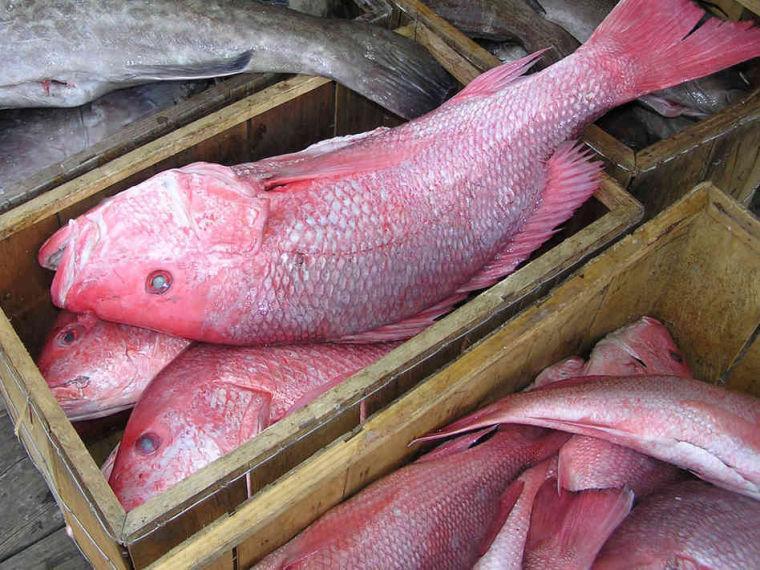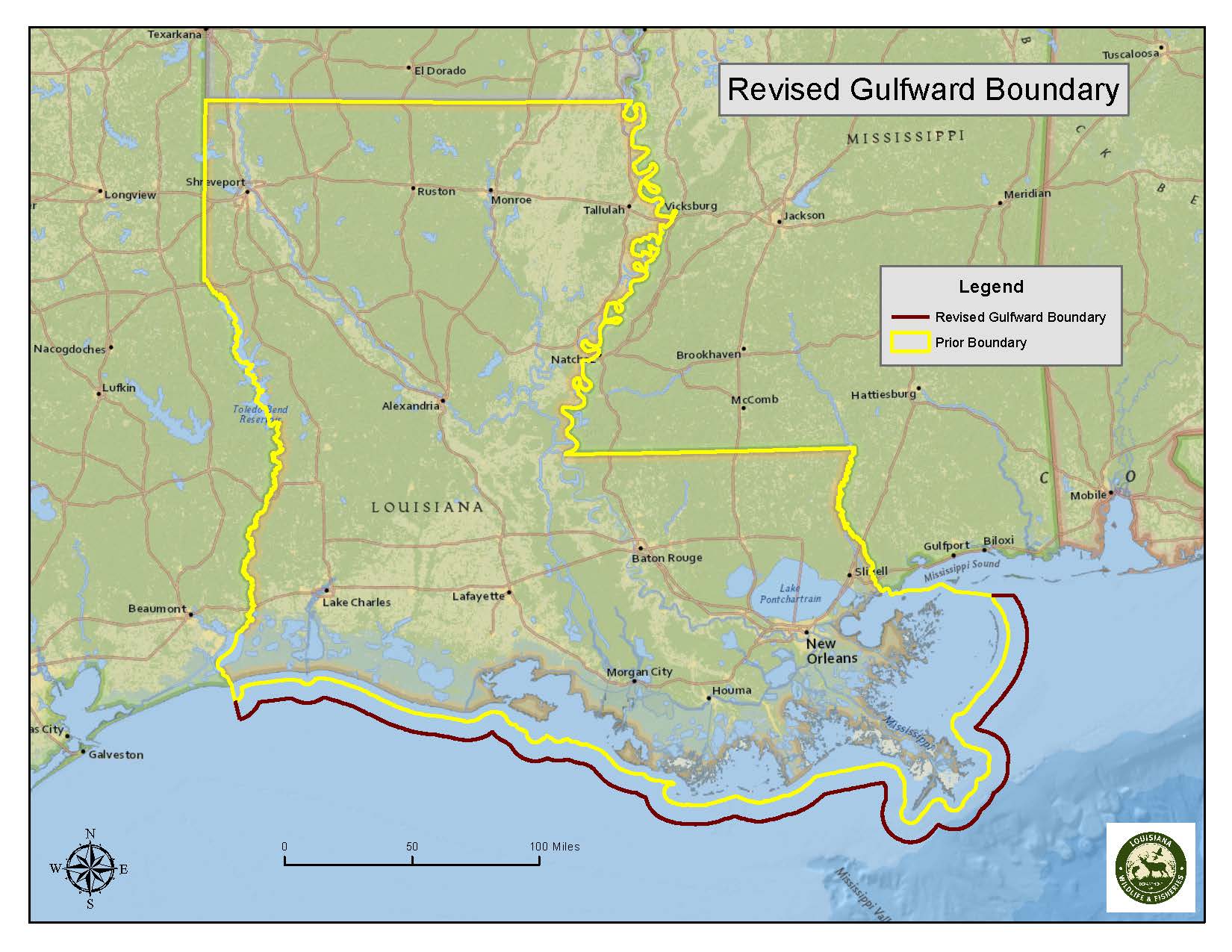A peculiar issue has been made the centerpiece of a classic bout over basic principles of federalism.
Who would have thought that Louisiana and Washington lawmakers would duke it out over red snapper?
Well, maybe that does sound a little more believable than I initially thought.
I previously wrote in February on some changes in Louisiana’s recreational fishing laws – in particular the red snapper season – that do not coincide with the federal snapper season regulations. This seemingly trivial and petty law change over recreational fishing actually holds a lot of weight and could mean great profits in the future of Louisiana.
The Louisiana Wildlife and Fisheries Commission initiated a noncompliance maneuver encouraging anglers to challenge federal boundaries in an attempt to expedite a secession of an extra seven miles in offshore boundaries to the state. With the combination of Sen. David Vitter and Congressman Bill Cassidy proposing companion bills as the Offshore Fairness Act and fishermen playing their part, we should see some concessions made by the feds.
As of now, Louisiana’s offshore boundary is approximately three miles off the coast, and we are seeking to expand. The issue of offshore boundaries for coastal states is not a novel one — it has always been in the nature of the state since the onset of offshore oil and gas production to wish to expand its jurisdiction over more Gulf waters.
Now Louisiana politics are playing some good ball here attacking the feds at the top and bottom.
Louisiana saltwater anglers should make for an efficacious political tool. It takes some grit to get out in those elements seeking adventure, and many of these anglers know the ultimate goal of this political fight other than more days to fish red snapper.
Increasing red snapper harvest may seem to be the point of focus here, but it is easy to guess what other kind of economic boost the state is looking gain: Oil and gas royalties.
An extension of the Louisiana boundary would increase the amount of oil and gas exploration the state would control. According to Nola.com, the state receives 100 percent of oil and gas royalties within the three-mile boundary, which totaled $275 million in 2008.
And the argument proposed by Sen. David Vitter and Congressman Bill Cassidy, though simple, should be effective.
Currently, Florida and Texas have nine-mile boundaries. Naturally, Louisiana and other coastal states only seek fair treatment by the federal government.
Ultimately, the state would like to own all the royalties within a new nine- to 10-mile boundary, but going for the whole enchilada at first may be fatal. Aiming for the fisheries is a small but significant step in the process — one that, by itself, will bring wonderful benefits.
The Washington pomp may think the move by Louisiana a paltry one, but it is reflective of larger inequalities among the coastal states.
At any rate, the federal government has bigger fish to fry than trying to prevent some adventurous men and women from catching a couple red snapper.
This is a positive step by Louisiana politicians, a true act in the favor of their constituencies. However, I am skeptical of the risk anglers run going out and challenging the federal wildlife agents.
What do state lawmakers do to compensate for reprimands received by these anglers, if at all?
I am afraid this may be a challenge saltwater anglers will have to face on their own, but I believe many will run the risk because in the long run the benefits outweigh the consequences.
Chris Ortte is a 22-year-old political science senior from Lafayette.






